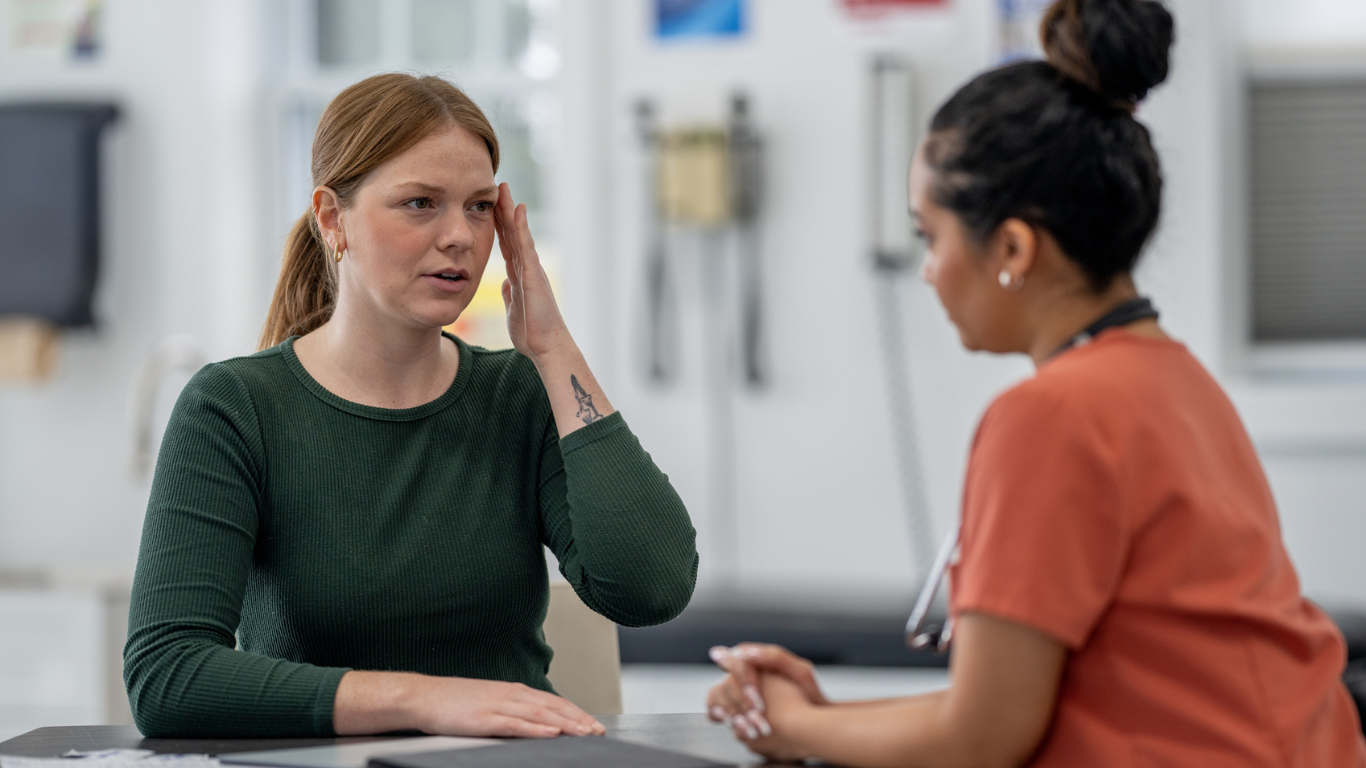10 Activities to Avoid During Concussion Recovery

It is well known that rest is essential for the recovery process after a concussion, as it helps the brain heal. However, there are additional restrictions that may not be immediately obvious, which we recommend at the Cantu Concussion Center. The following activities have a high risk of causing re-injury or worsening symptoms, and should be avoided until the individual has fully recovered from their concussion and all symptoms have completely resolved. It is particularly important for parents of a concussed child to ensure that these restrictions are strictly followed.
1. Standing in high places (ladders, roofs, furniture, beds, chairs, ski lifts, towers, cliffs, ledges). Often following a concussion, a person can experience dizziness — sometimes without warning — that can be triggered with head or eye movement.
2. Being in an area where objects are thrown. This would include sporting events where there are Frisbees, soccer balls, etc. This could also occur in class rooms or gym class with younger children or people with behavioral disabilities.
3. Jumping up and down repetitively. Quick acceleration/deceleration can be very jarring on the brain and can provoke symptoms. Examples of this would include jumping up and down on the bed, jumping on a trampoline, horseback riding, or using a pogo stick.
4. Roughhousing or wrestling. Rough play can easily intensify concussion symptoms or result in another head injury or whip lash.
5. Riding a bicycle, tricycle, motorcycle. You should not be cycling until your balance, coordination, reaction time, vision and neck flexibility is back to baseline.
6. Going on amusement rides that rapidly accelerate, decelerate or rotate. Rollercoasters and other theme park rides can be very unpleasant for someone who is in recovery from a concussion. Rides can significantly hurt an already impaired vestibular system (sensory system that detects motion and position of the head to allow for balance and compensatory movements). This could lead to dizziness, vertigo, poor balance, nausea/vomiting and headaches.
7. Skydiving, parachuting, parasailing. Refrain from these adventurous activities until you are functioning 100 percent from a cognitive standpoint. You want to be able to make fast, smart decisions before you are hundreds of feet up in the air!
8. Horseback riding. Even the tamest horse should not be trusted to ride when recovering from a head injury. A quick jerk to the head or even the repetitive up and down motion when riding can significantly exacerbate headaches and neck pain.
9. Water skiing, surfing or paddle boarding. Hitting the water at a high speed can feel similar to hitting your head on a hard surface.
10. Snowboarding, skiing, snowmobiling, tubing. These activities require skilled coordination, balance, and normal reflexes to quickly change direction. Concussed patients should stay away from these winter pastimes until they have completely recovered.

